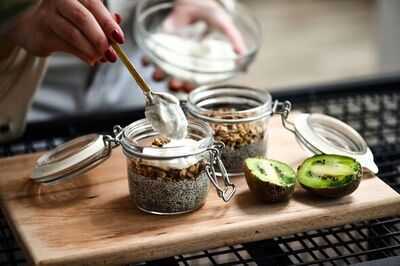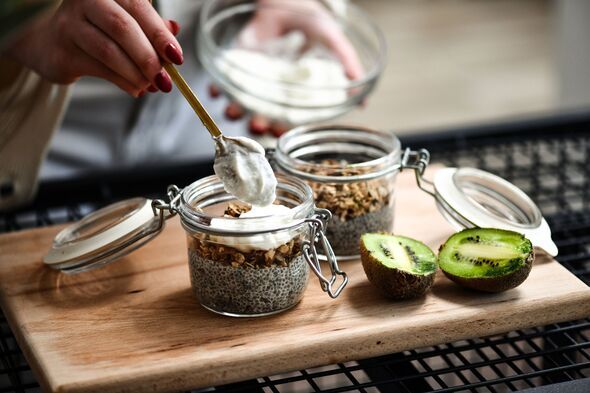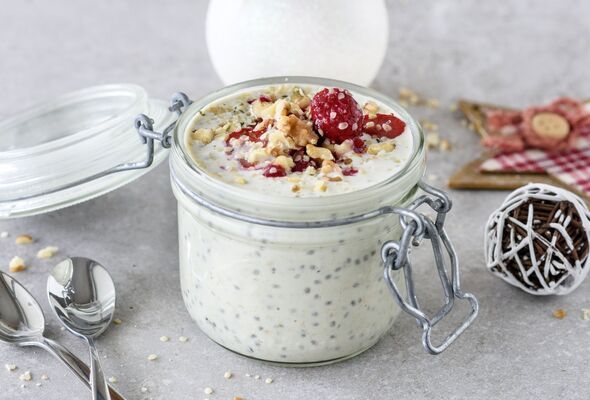

It's believed that a mere 9% of UK residents consume the recommended daily intake of fibre, despite its crucial role in maintaining good health.
The NHS advises adults to include around 30g of fibre in their daily diet. This vital carbohydrate can help reduce the risk of heart disease, type 2 diabetes, bowel cancer, and stroke, as well as aid digestion and prevent constipation.
Luckily, there's a potent seed that can effortlessly boost your fibre intake and can be easily added to various meals and beverages. Chia seeds, small black or white seeds native to Central America, could be the answer.
These minuscule seeds are brimming with essential nutrients, including fibre, and offer a host of health benefits. They're rich in Omega-3, calcium, iron, magnesium, phosphorus, zinc, and vitamins B1 and B3.
Moreover, they're packed with antioxidants that can neutralise free radicals, which are known to damage cells and potentially contribute to ageing and cancer. The array of antioxidants in chia seeds includes caffeic acid, myricetin, chlorogenic acid, and kaempferol.

Best of all, incorporating chia seeds into your diet is a breeze. You can mix them into your yoghurt, salads, cereals, and smoothies.
If you're pressed for time, simply sprinkle some into your bottled water and sip throughout the day.
Remember that chia seeds thicken when they come into contact with water. This means that when you immerse them in water, they expand and take on a gel-like consistency, which becomes more pronounced the longer they soak.
The importance of fibre in your dietResearch has established a connection between insufficient fibre intake and a range of health issues, including cardiovascular disease and colon-related problems. Moreover, there seems to be a link between fibre consumption and overall mortality rates.
Luckily, chia seeds can be paired with a host of other fibre-rich foods to help you reach the recommended daily intake of 30g, such as:
It's important to note that introducing more fibre into your diet or eating too much fibre could result in a number of side effects, including bloating and gas.
If you're concerned about your daily fibre intake, or want to introduce more fibre-rich foods into your daily routine, ensure you speak to a doctor first.